Food safety management systems ISO 22000:2018
Keeping food safe from farm to fork by ensuring hygienic practices and traceability at every step of the supply chain are essential tasks for the food industry.
ISO 22000:2018, Food safety management systems – Requirements for any organization in the food chain, sets out the requirements for a food safety management system. It defines what an organization must do to demonstrate its ability to control food safety hazards and ensure that food is safe for consumption.
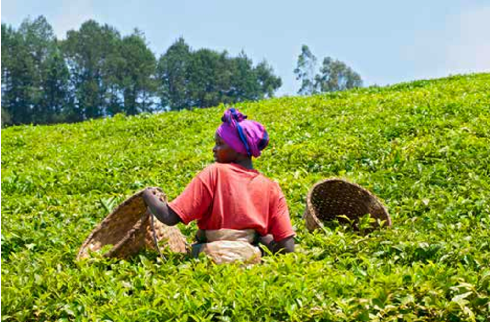
Food safety management systems ISO 22000:2018
Who is ISO 22000 for?
ISO 22000 is applicable to all organizations in the food and feed industries, regardless of size or sector. Following the same High-Level Structure (HLS) as other ISO management system standards, such as ISO 9001 (quality management), it is designed in a way that it can be integrated into an organization’s existing management processes but can also be used alone.
What are the benefits for my business?
ISO 22000 enables organizations to put in place a food safety management system that helps them improve their overall performance when it comes to food safety.
Key potential benefits of using the standard include:
- The ability to consistently provide food-related products and services that are safe and meet regulatory requirements
- Improved management of risks in food safety processes
- Demonstrating strong links to the United Nations’ Codex Alimentarius, which develops food safety guidelines for governments
Why was it revised?
All ISO standards are reviewed and revised regularly to make sure they remain relevant to the marketplace. ISO 22000:2018 encompasses the latest trends and food safety requirements, and is a timely response to the rising global challenges facing the food industry. It will alsohelp address the growing need to ensure we can trust current food security systems and that they are sustainable. ISO 22000:2018 includes improvements to definitions, including those that align with Codex Alimentarius. It also provides a new understanding of the concept of risk, distinguishing between risk at the operational level and the strategic level of a management system.
What about certification?
Certification is not a requirement of ISO 22000 and many organizations benefit from using the standard without seeking certification. If you do opt to get certified, the first step is to find a reputable third-party certifying body as ISO does not perform certification. For further information, contact your national
ISO member.
How does it relate to Codex Alimentarius?
Codex Alimentarius, also known as the “Food Code”, is an internationally recognized series of standards and guidelines referenced in many national laws, providing the foundation for most government authorities to ensure safe food for consumers. It is developed by the Codex Alimentarius Commission (CAC), a joint venture between the Food and Agriculture Organization of the United Nations (FAO) and the World Health Organization (WHO). ISO 22000 is based on the Codex principles for food hygiene and this enables authorities to refer to ISO 22000 in national requirements and government inspections to ensure that all the criteria for food safety are met.
Source: iso.org
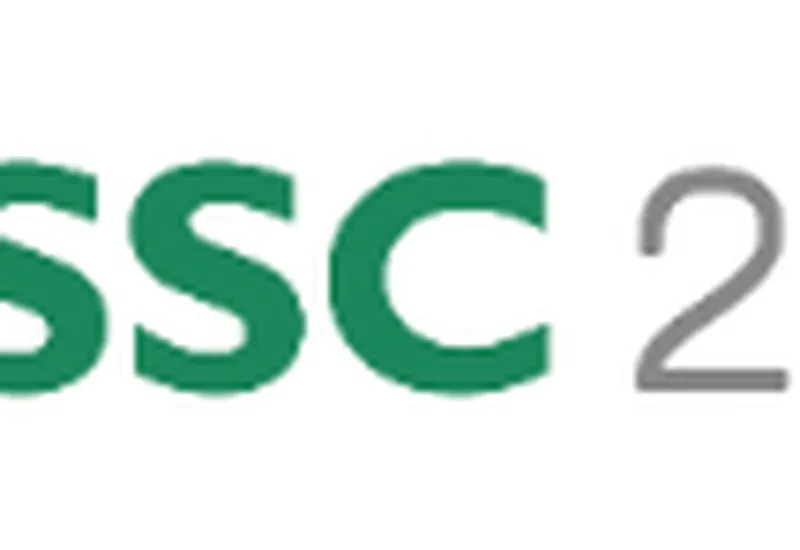

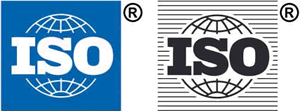
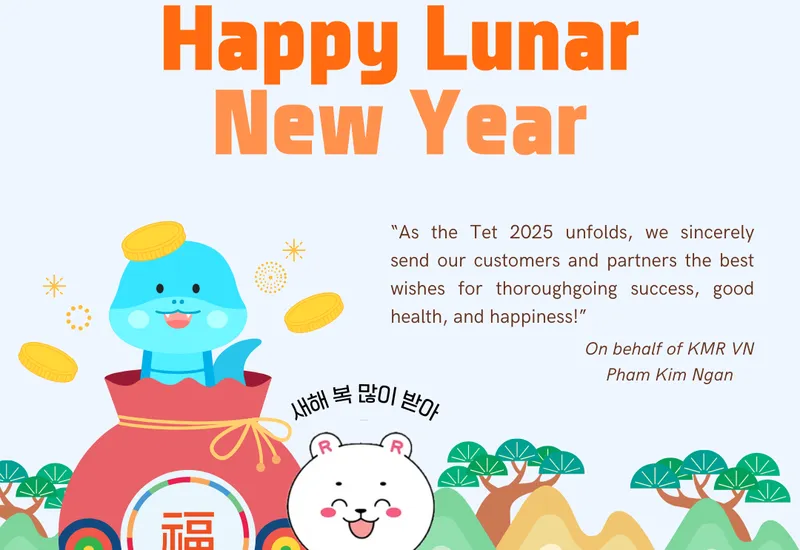
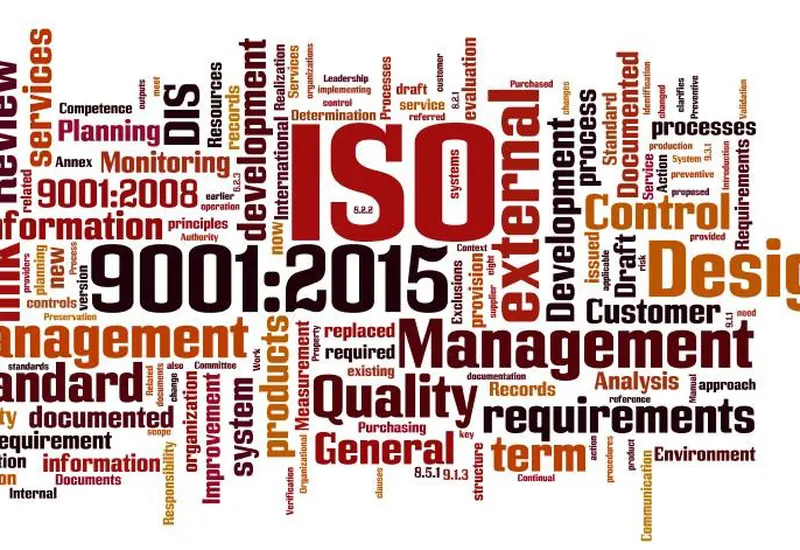
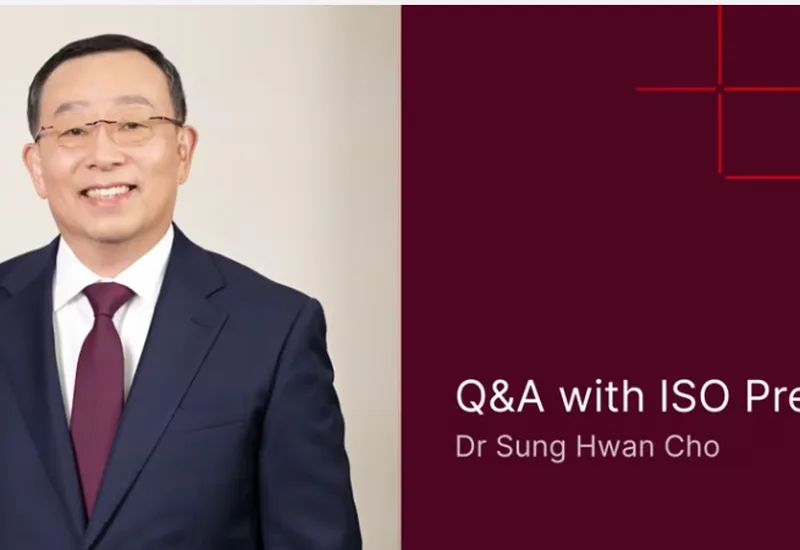
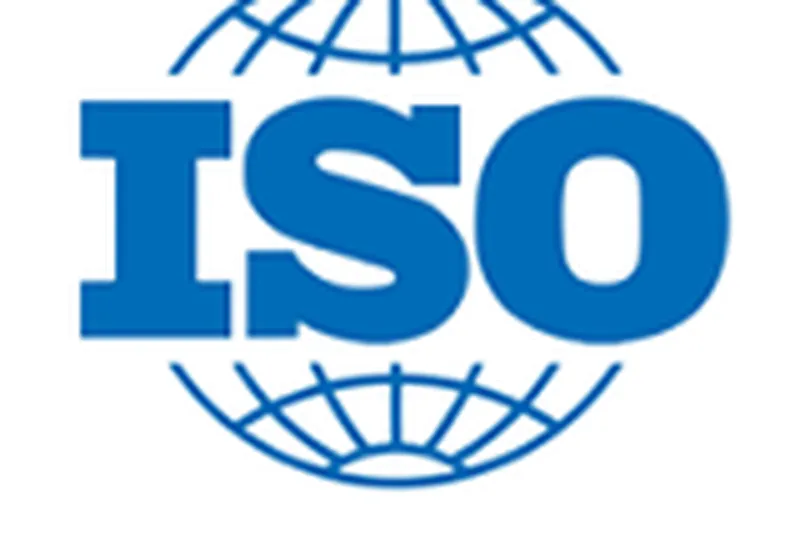
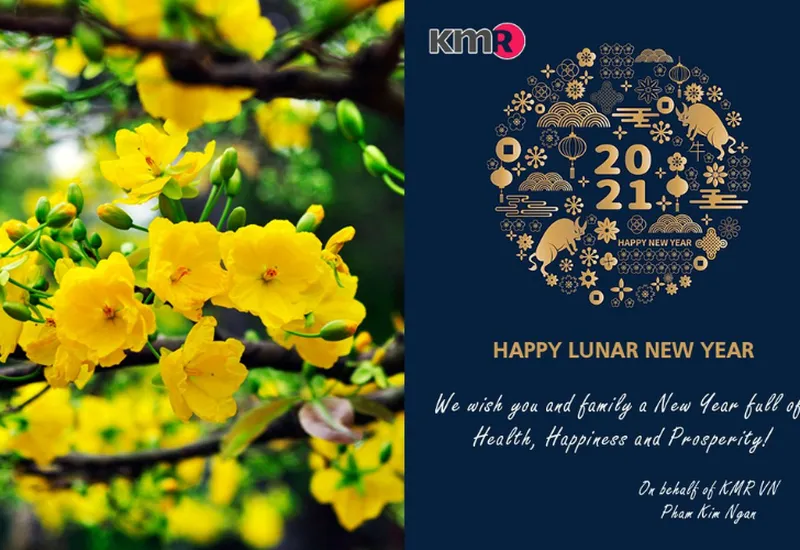
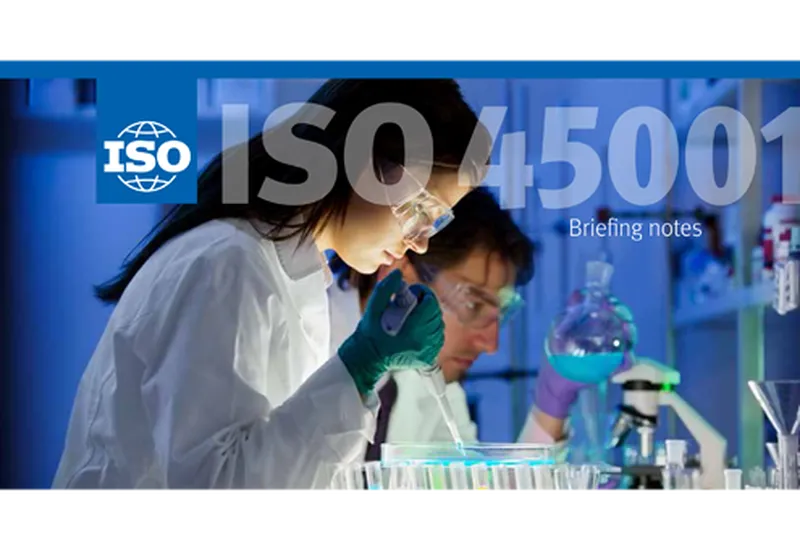


main.comment_read_more